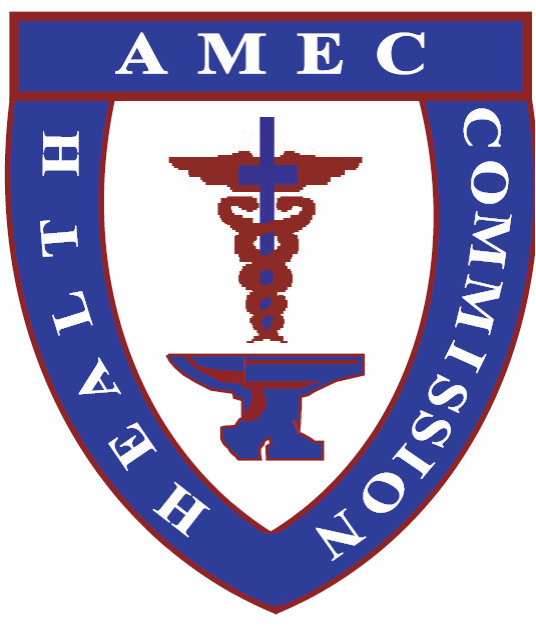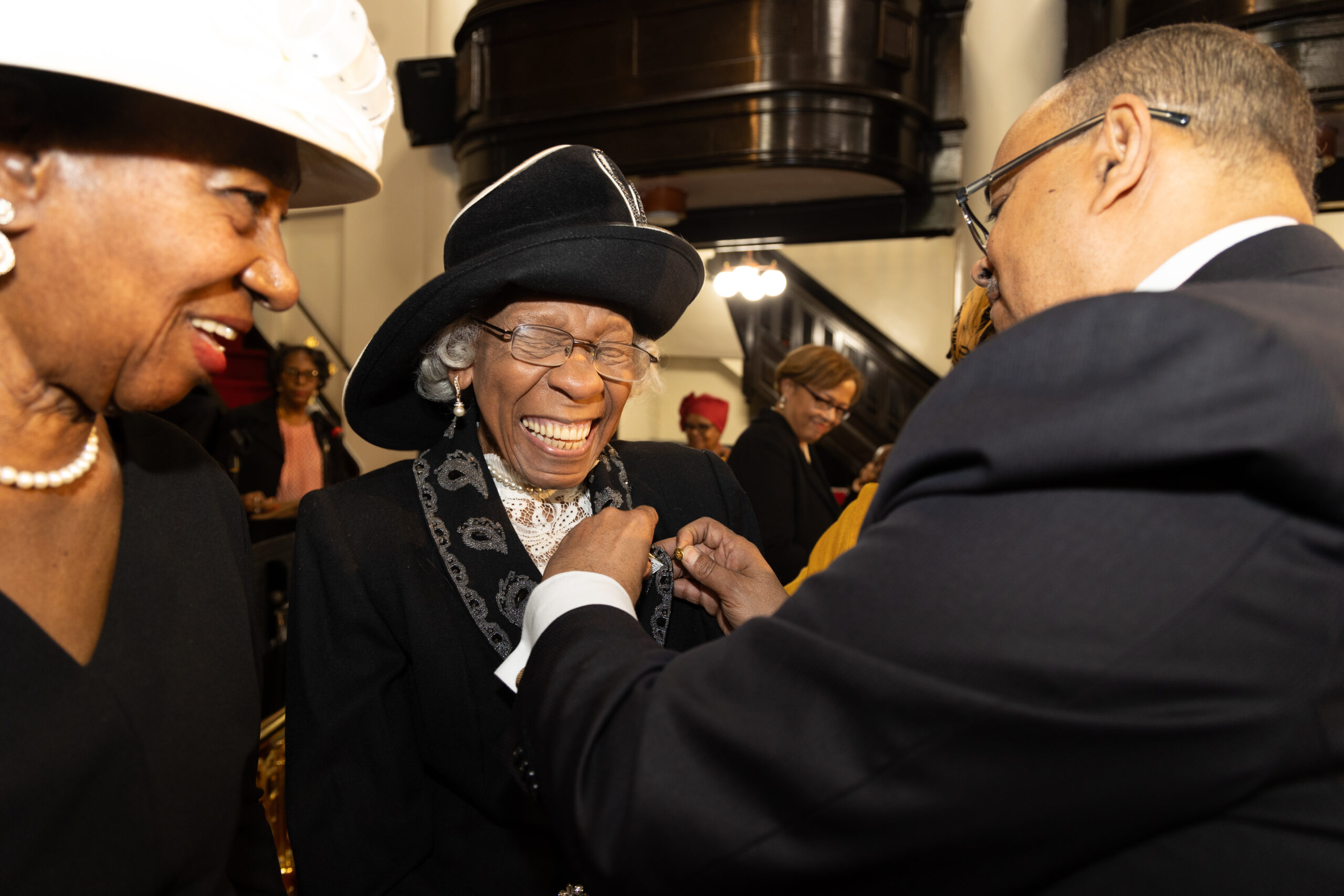Take Me to the Water: Lessons in Christian Baptism
Rev. Dr. James A. Keeton, Jr.
Christian baptism is one of two sacraments we recognize in the African Methodist Episcopal (AME) Church. The word “sacrament” derives from a Latin word that means “mystery.” Consequently, sacraments are mysteries of faith where we cannot explain what happens in the sacrament, but by faith, we understand that God’s grace meets us. Although baptism is a sacrament held in common by most Christian denominations, several make particular distinctions. Three primary differences with baptism include infant baptism, modes of baptism, and re-baptism.
The first distinction made with Christian baptism is with infant baptism. Baptism is the sacrament that incorporates us into the Family of God that is made possible through the death and resurrection of Jesus Christ. The Doctrine and Discipline of the African Methodist Episcopal Church (2021) states, “We hold that all children are members of the Kingdom of God by virtue of the unconditional benefits of atonement.” In other words, Jesus’s salvific work at Calvary is not relegated to specific age groups. Therefore, the denomination does not exclude children from being incorporated into the Family of God. However, a missing component of the AME Church in embracing infant baptism is a uniform confirmation class. In other denominations, confirmation usually happens around the child’s eighth-grade school term. Confirmation teaches the students the fundamental tenets of the Christian faith and allows them to make a public confession of Jesus Christ. As we continue to be a proponent of infant baptism, we must add a confirmation curriculum for our young people.
A second distinction with Christian baptism is the mode of baptism. Some denominations believe that immersion is the only acceptable mode. However, as African Methodists, this is not our belief. We believe that true baptism is a spiritual baptism that happens internally that is a mark of new birth and regeneration. Thus, the mode of baptism is a physical sign of an internal experience. In the AME Church, adults and parents of children have a choice of three methods: immersion, sprinkling, and pouring. Neither of these methods is greater than the other, and each has a scriptural foundation for its implantation.
Immersion or dipping is performed in a large body of water or a pool. It is most referenced when John the Baptist baptizes Jesus in the Jordan River. Matthew 3:13 (NRSV) says, “And when Jesus had been baptized, just as he came up from the water, suddenly the heavens were opened to him, and he saw the Spirit of God descending like a dove and alighting on him.” This verse refers to Jesus coming up from the river after John has baptized him.
Sprinkling and pouring are carried out at a baptismal font around the altar in the sanctuary. Sprinkling is referenced in Ezekiel 36:25 (NRSV) when the text says, “I will sprinkle clean water upon you, and you shall be clean from all your uncleannesses, and from all your idols I will cleanse you.” Pouring is referenced in Acts 2:33 (NRSV) when the text says, “Being therefore exalted at the right hand of God and having received from the Father the promise of the Holy Spirit, he has poured out this that you both see and hear.” Although these three verses are not exhaustive, they demonstrate that all three modes have foundations in scripture.
A third distinction is that the AME Church does not permit re-baptism. We do not embrace the concept of re-baptism because the sacrament is about what God is doing in our lives. God extends grace to us through the waters of baptism. As a result, for someone to say that they need to be re-baptized suggests that God’s grace to them the first time was insufficient. As a result, the consequences for a pastor knowingly re-baptizing someone will be subject to either a suspension or location. There are, however, services designed to allow us to recommit ourselves to our baptismal vows. These services do not re-baptize us, but they will enable us to rededicate ourselves as baptized believers in Jesus Christ.
Christian baptism is essential because it allows us to experience the grace of God that incorporates us into the Family of God. God’s grace cannot be taken for granted and should not be withheld from anyone, regardless of age.
The Reverend Dr. James A. Keeton, Jr. is the Senior Pastor of Morris Brown AME Church in Charleston, South Carolina.





